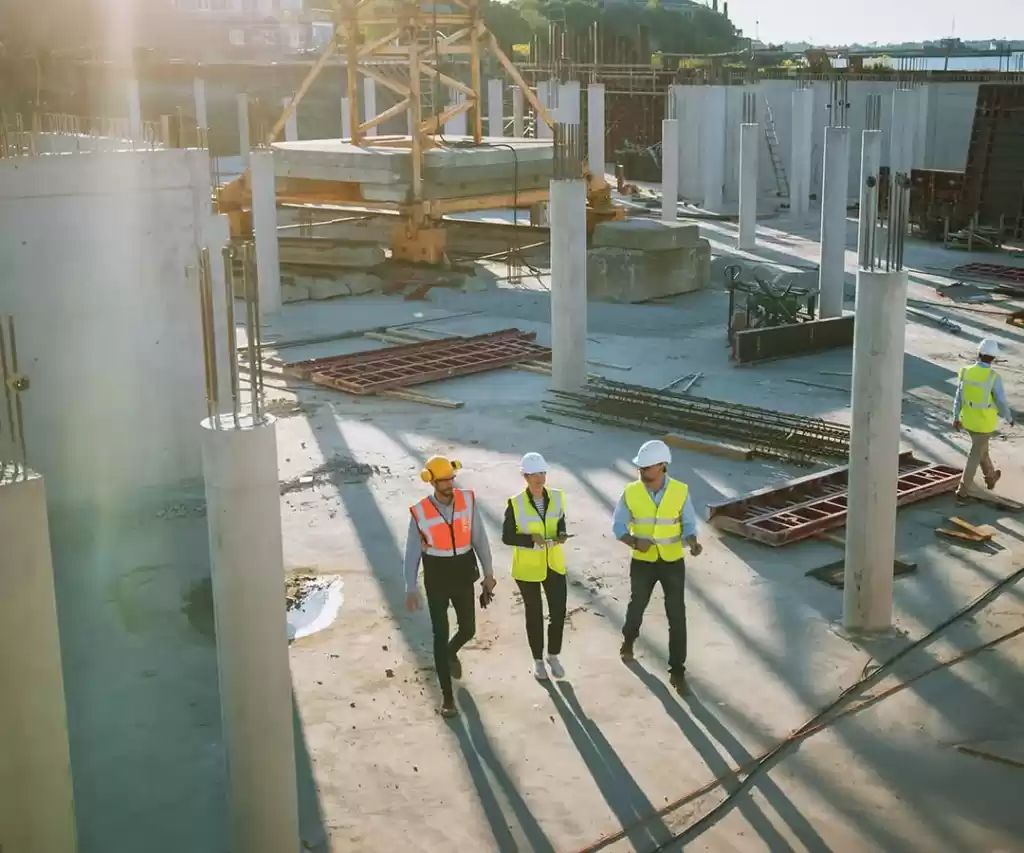Contract & Construction Bonds
Contract Bonds
These are the most common contract bonds
1
Bid Bond
A bid bond is a financial guarantee submitted with a contractor’s bid on a project. It ensures that if the contractor is the winning bidder, they will enter into the contract at the price they bid and furnish the required performance bonds. It protects the owner from financial loss if the winning bidder backs out.
2
Performance Bond
A performance bond is a surety bond that guarantees a contractor will complete a project according to the terms and conditions of the contract. If the contractor defaults on the project, the surety company steps in to protect the owner by financing the project’s completion or compensating for the financial loss.
3
Payment Bond
A payment bond is a surety bond that guarantees a contractor will pay their subcontractors, laborers, and material suppliers for the work performed on a project. It protects these parties from non-payment and prevents liens from being filed against the property, ultimately safeguarding the project owner.
4
Maintenance Bond
A maintenance bond protects a project owner from defects in workmanship and faulty materials for a specified period after a project is completed. If the original contractor fails to correct any issues that arise during this warranty period, the bond covers the cost for the owner to make the repairs.
5
Site or Completion Bond
A site or completion bond guarantees a developer will build required public improvements like roads, sidewalks, and sewers for a land development project. It protects the municipality by providing the funds to finish the work if the developer defaults, ensuring taxpayers aren’t left with an incomplete project.

How Do Construction Bonds Work?
Construction bonds are a three-party guarantee between a contractor, a project owner, and a surety company, protecting the owner from financial loss.
Their purpose is threefold:
- Prequalify Contractors: A surety only bonds contractors who are financially stable and have a proven track record, which acts as a vetting process.
- Guarantee Completion: If the contractor defaults, the surety steps in to ensure the project is completed according to the contract.
- Ensure Payment: They guarantee that subcontractors, laborers, and material suppliers are paid, which protects the owner from costly liens being filed against the property.
- Work as a team with your CPA, attorney, and banker
- Provide you with confidential, surety backup services
- Provide you with confidential, surety backup services
What We Do Everyday
- Increase your single job size
- Expand your bonding work program
- Reduce your bonding rate
- Improve your service
- Negotiate the best overall bond programs for you

Get started with your Surety Bond.
For start-ups, design-build, small and large contractors, all we do is bonding. Let us know how we can help you.
